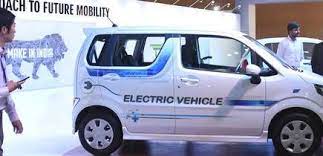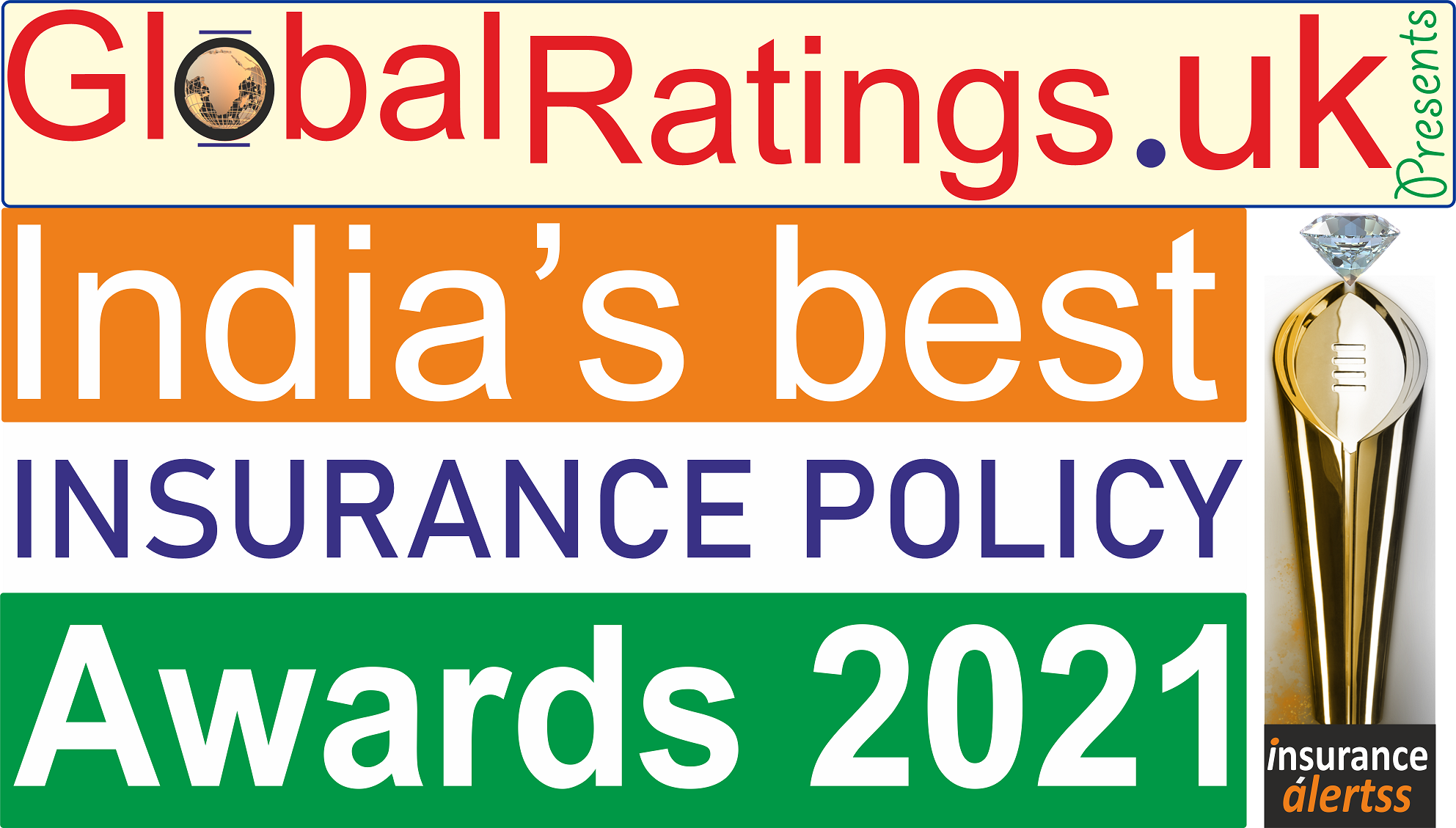 06-04-2021
06-04-2021
As sales grow, insurers rev up for electric vehicle segment

 Insurance Alertss
Insurance AlertssAs sales grow, insurers rev up for electric vehicle segment
Hyderabad: With the government pushing for electric vehicle (EV) adoption, insurers expect it to emerge as a key segment in the coming days. Currently, whether one drives a petrol, diesel or electric vehicle, insurance cover is a must.
In March 2020, insurance regulator Insurance Regulatory & Development Authority of India (IRDAI) had announced that insurers will have to offer a discount of 15% on motor third party premium for electric vehicles to incentivise their use.
While the discount announced by the regulator is a good incentive to start with, Adarsh Agarwal, appointed actuary at Digit General Insurance, said EV insurance offers a huge opportunity for insurers due to lower risk. “EVs have lesser exposure on highways and so have a better risk,” he explained. However, he pointed out that in terms of challenges, the theft of batteries in certain locations can increase the loss ratio on insurers.
Even Animesh Das, head (product strategy), Acko Insurance, pointed out that the number of EVs on the roads are very less as it is mainly early adopters who are opting for them. This means that the risk of an EV being involved in accidents will be much lower than an equivalent traditional vehicle, offering a good opportunity for insurers to make some profit within the auto insurance sector.
As per IRDAI data, the motor business continued to be the largest general insurance segment with a share of 36.50% in 2019-20 (38.08% in 2018-19) followed by health segment with 30.10% market share (30% in 2018-19). Currently, the EV insurance product is similar to the traditional motor vehicle insurance product, but with a rise in EV sales the regulator is expected to allow further differentiation in the product construct, said Amitabh Jain, head (health & motor underwriting & claims), ICICI Lombard.
“Some of the differentiating factors in an EV are the presence of battery (which entails major part of the EV’s cost) and the charger...We are evaluating the scenario and may approach the regulator for approval to offer add-on covers for battery and charger,” Jain added.
Subrata Mondal, executive VP, IFFCO Tokio General Insurance Company, also added that due to the lack of data on EVs, the insurance pricing might follow the traditional method in the initial stages. However, as the usage increases and subsequent time passes, insurers can arrive at the right premium for EVs.
“Though initially the cost of several movable EV parts will be higher, they will come down as the volume increases. As a result, the servicing time at garages or workshops will be lower, ensuring a quicker turnaround. These factors will also favourably impact the premium,” he added.
